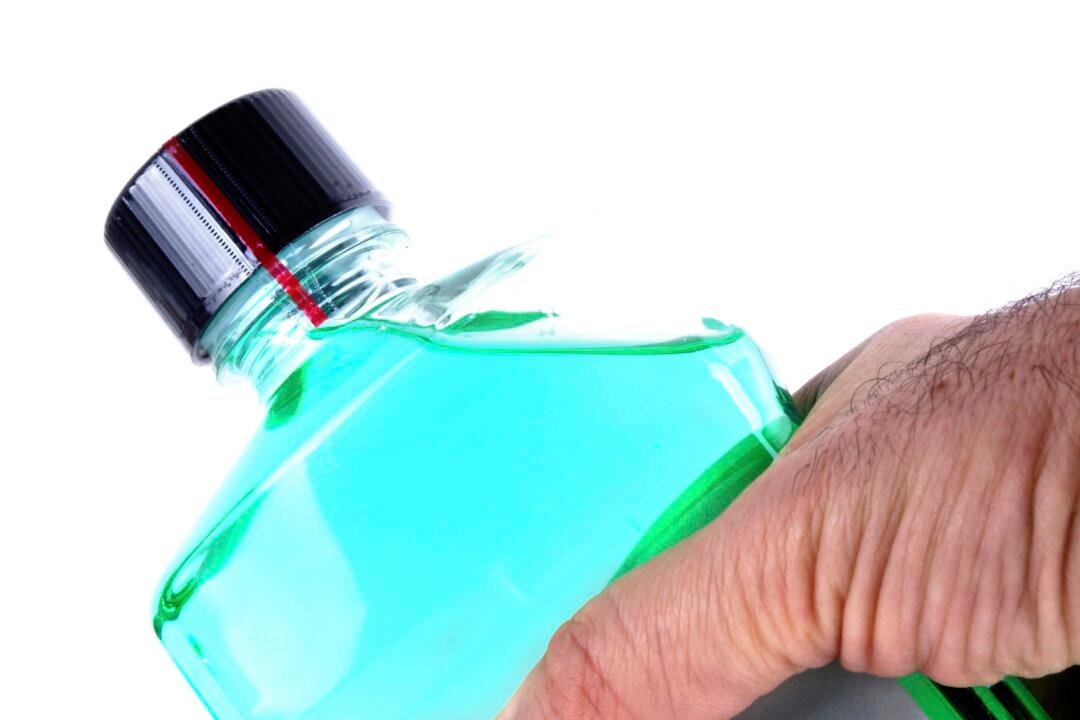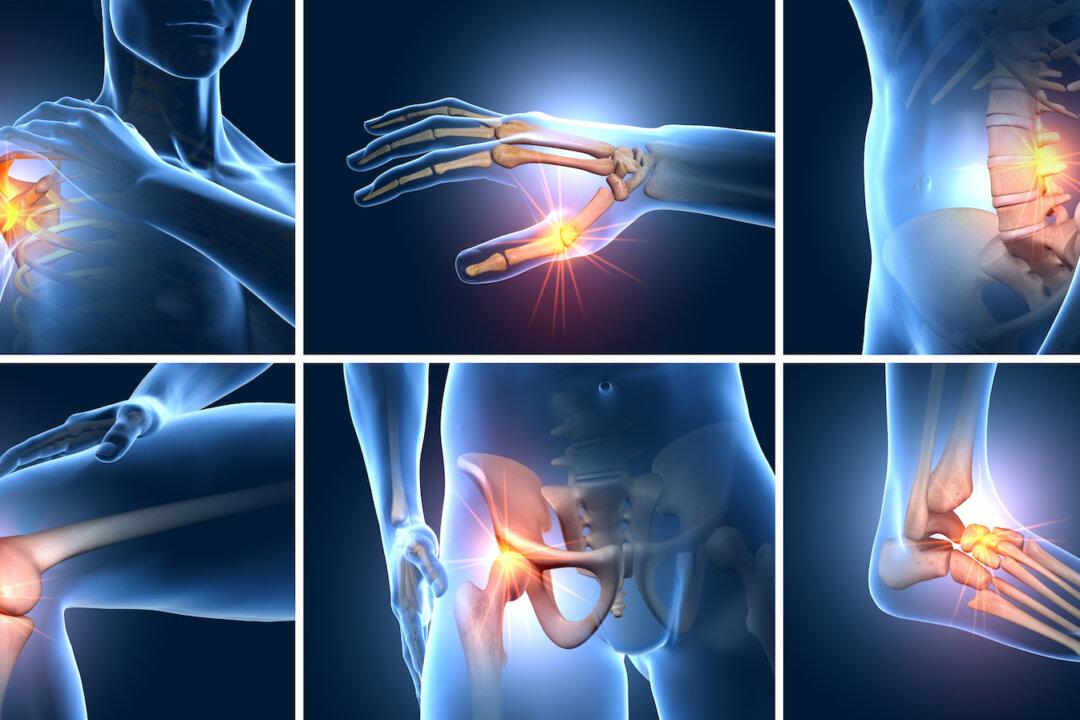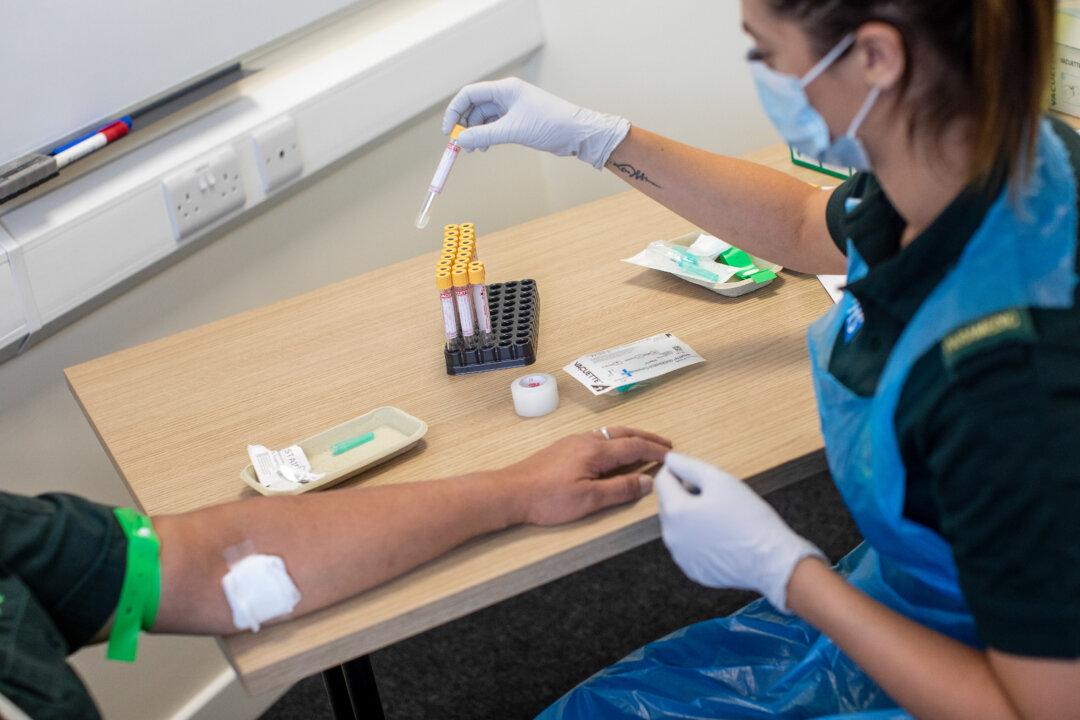Certain oral antiseptics and mouthwashes may offer a way to inactivate human coronavirus, according to a new study.
The findings indicate that some of these products might help reduce the viral load, or amount of virus, in the mouth after infection and may help reduce the spread of SARS-CoV-2, the coronavirus that causes COVID-19.





